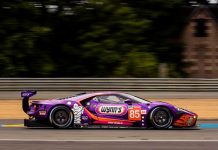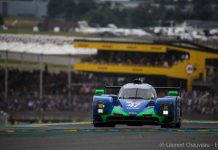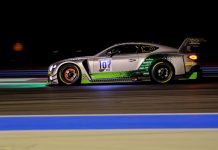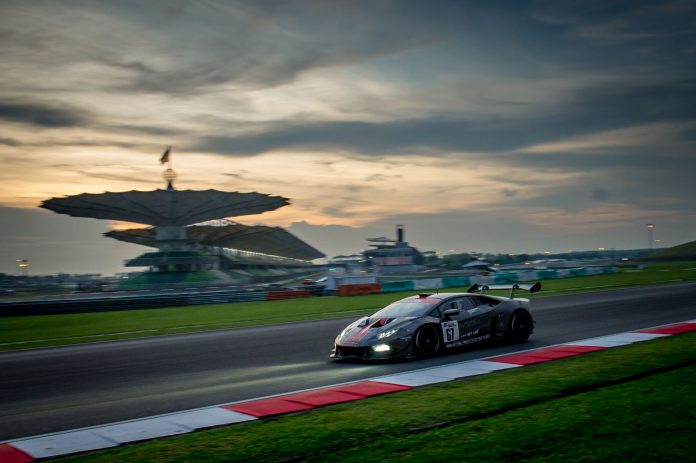SRO Motorsports Group has chosen to cancel this season’s Motul Sepang 12 Hours, which was due to take place on December 7-10.
As in previous years the event’s organisers were hoping to attract a minimum of 20 entries for the end-of-season race, which SRO first oversaw in 2015. However, while SRO previously succeeded in assembling two solid and highly-competitive grids comprising factory-supported teams and drivers, lower-than-expected public attendance has made it increasingly difficult for manufacturers and leading international teams to justify the expense.
The increasing number of categories and end-of-season long-distance GT races has given teams and drivers the chance to explore other opportunities, while manufacturer motivation has also waned since the Intercontinental GT Challenge title became a largely two-horse contest following last month’s Mazda Raceway California 8 Hours at Laguna Seca.
Equally, the decision to switch next season’s Intercontinental GT Challenge round in Asia from Sepang to the Suzuka 10 Hours has reduced the motivation of Japanese teams – a number of whom previously contested the 12 Hours – to commit to the Malaysian race this year.
What’s more, SRO’s inaugural Blancpain GT Series Asia campaign proved a great success earlier this year thanks, in part, to its hour-long sprint races. However, developing a suitable and lasting endurance format does appear more difficult to achieve across South East Asia.
It’s for these reasons, and out of respect for the partners and teams that have come to expect a large and world-class GT entry, that SRO has decided against running a 12-hour event featuring just over a dozen cars.
However, it will work closely with Sepang International Circuit to re-evaluate and introduce a revised concept that secures the 12 Hours’ future.
Motul Sepang 12 Hours General Manager Benjamin Franassovici: “It’s been a very difficult decision. Obviously we never want to cancel an event, and SRO certainly doesn’t make a habit of it, but we feel this is the only realistic option available to us less than six weeks before the race is due to take place. SRO rightly considers an endurance event featuring less than 18 cars unviable. It’s also important to retain the Sepang 12 Hours’ spectacle, and – given the present situation – I don’t think that would have been possible in 2017.
“Cancelling suitably ahead of time is therefore considered a more responsible option than staging a high-profile endurance race below capacity.”
With Sepang no longer taking place, both the Intercontinental GT Challenge Drivers’ and Manufacturers’ titles were decided by the results of this year’s three previous rounds: the Liqui-Moly Bathurst 12 Hour, Total 24 Hours of Spa, and Mazda Raceway California 8 Hours.
Audi are therefore Manufacturers’ champions for the second time, while Markus Winkelhock – who also represents the German marque – claimed the Drivers’ title.









